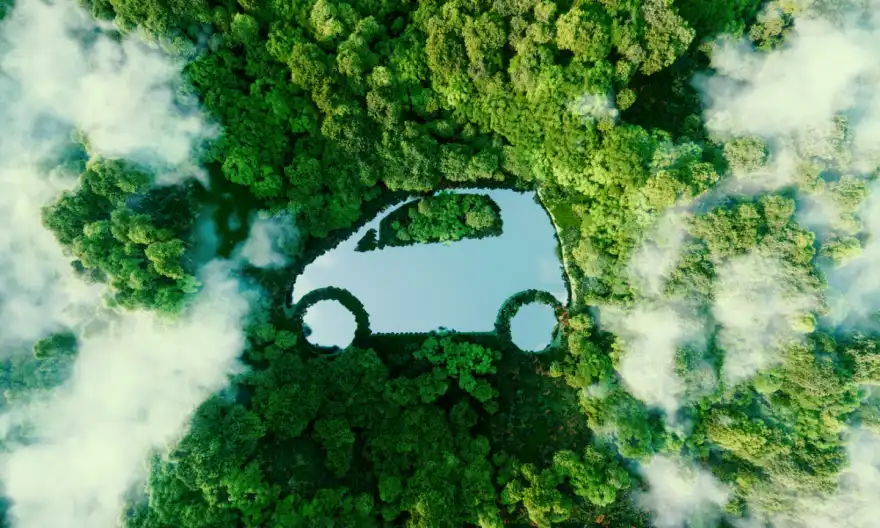
As we step into 2024, the electric vehicle (EV) industry is going through some major changes, raising questions about the potential impact on electric car sales. DriveElectric, using its own model based on insights from the UK market, has projected the annual registrations of battery electric cars and vans.
Initially, the UK aimed to stop the sale of new petrol and diesel vehicles by 2030, but in September 2023, Prime Minister Rishi Sunak extended the deadline to 2035. This shift might cause some UK drivers to delay their transition to EVs.
Despite the extension, the Zero Emission Vehicle (ZEV) Mandate has recently been put into effect, requiring car manufacturers to ensure that 22% of their new car sales in 2024 are zero-emission, with a similar target for van sales. This creates a paradox where the government signals a delay in the need for EV adoption while simultaneously imposing a 22% EV sales target for 2024.
While a few manufacturers, especially Tesla, may meet or exceed the 22% target, many others are likely to fall short due to a lack of sufficient EV models in their lineups. Fines of £15,000 per vehicle within the 22% allocation that isn't zero-emission add pressure, but manufacturers have strategies to mitigate these penalties.
A discrepancy exists between EV sales to private car buyers and those to businesses and fleets. Significant incentives, such as low benefit-in-kind (BIK) tax rates, drive business adoption, while private buyers lack similar financial incentives. Without policy changes, private EV sales may remain limited.
Despite challenges, the production of EVs has increased, offering a wider variety of makes, models, and styles. The last-minute deal on UK-EU Rules of Origin in December 2023 avoids tariffs on EVs, though planning EV production numbers for 2024 presented a challenge.
Factors like decreasing battery costs and an expanding public charging network, especially rapid and ultra-rapid chargers, contribute to an optimistic outlook. DriveElectric forecasts continued sales growth, projecting 380,000 registrations of battery electric cars in 2024, capturing a 19% market share. This falls short of the 22% zero-emission vehicle target due to a lack of consumer incentives and insufficient zero-emission models.
Mike Potter, Managing Director of DriveElectric, notes, “Factors such as high interest rates and cost of living pressures had a significant impact on consumer EV sales in 2023; while there are still challenges such as the messaging around the ban on sales of new ICE vehicles being delayed from 2030 to 2035, the ZEV Mandate should help to maintain the rise in EV sales that we’ve seen over recent years. But due to an absence of consumer incentives and many manufacturers not having sufficient EVs in their model line-ups, it’s likely to be a challenge to meet the target of 22% of new cars being zero emission."




